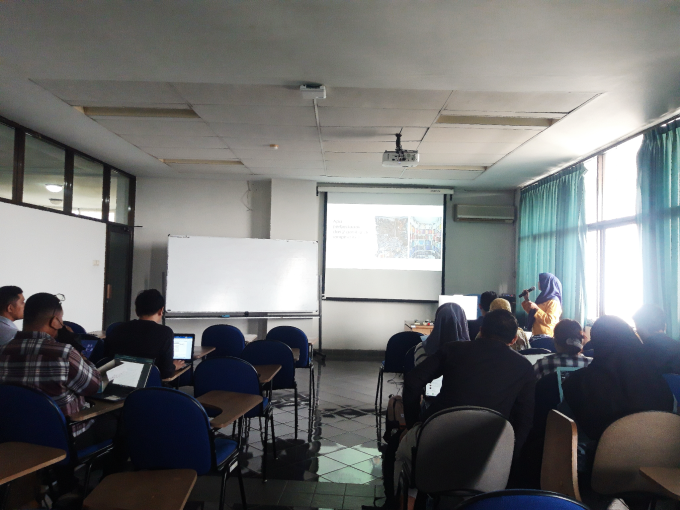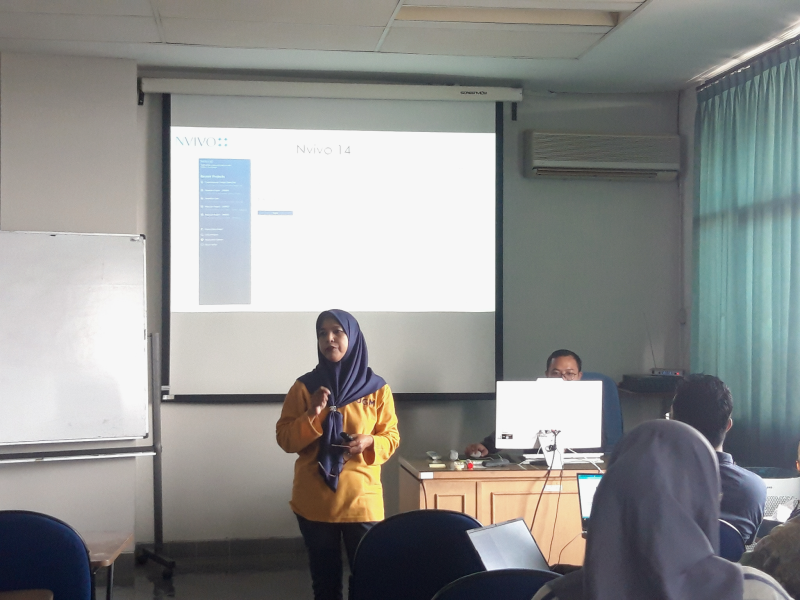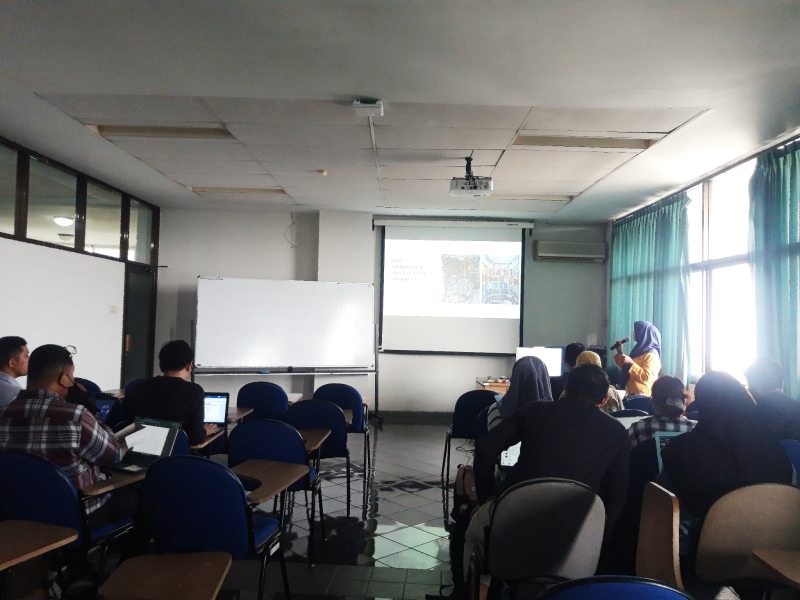
The Master Program in Tourism Studies at the Graduate School of Gadjah Mada University (UGM) organized a training session on the NVIVO data analysis software on Friday (June 14th). This event, held in Classroom 406 on the 4th floor of the Graduate School Building, was attended by both master’s and doctoral students. The aim of the event was to provide students with the skills and abilities to use the NVIVO software for processing research data.
The NVIVO training will be held twice, with the first session focusing on introducing the NVIVO software and the second session dedicated to hands-on practice. The first session featured Umi Sugiyanti, M.A., an expert librarian at the UGM Graduate School Library, as the guest speaker. Umi explained that NVIVO is used to process qualitative data by categorizing it based on themes, issues, or topics. NVIVO is able to organize data for analysis purposes and identify data trends.
During the approximately 1.5-hour training, students were shown the basic features of NVIVO and how to operate it. One important technique needed in using NVIVO is Coding. To discuss coding techniques more specifically, a second training session will be held with Dr. Suripto from the Faculty of Social and Political Sciences at UGM as the invited expert.
As a closing remark, Umi emphasized that NVIVO is not a substitute or replacement for research thinking; it is merely a tool to aid data processing. Students must still think critically about their research. Students are encouraged to visit the UGM Graduate School Library and utilize the NVIVO software to assist in processing qualitative research data.
The use of technology in education is becoming increasingly important, and equipping students with software skills will help create high-quality research. Events like this support the implementation of the Sustainable Development Goals (SDGs) to integrate technology into the education curriculum.
Keywords: education, technology, SDG 4: Quality Education, SDG 9: Industry, Innovation, and Infrastructure, SDGs
Author: Asti Rahmaningrum


